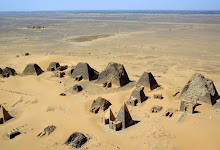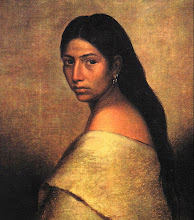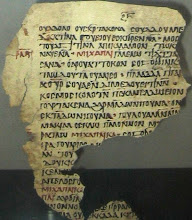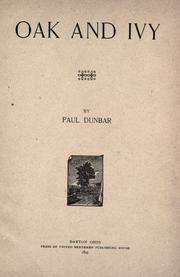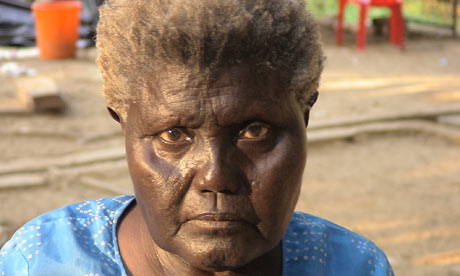 As the late Boa Sr, aged 85, died on 26 January 11.30pm, so did the Bo tongue, one of the ten Great Andamanese languages.
As the late Boa Sr, aged 85, died on 26 January 11.30pm, so did the Bo tongue, one of the ten Great Andamanese languages.The people have lost a irreplaceable part of their culture, as the old songs only were remembered and sung by Chaachii, Boa Sr, which means an ancient element of self-understanding and history have disappeared forever.
This remarkable and lonely woman had been Bo's, or Aka-Bo, only speaker for 30-40 years after the death of her parents, so she had to learn an Andamanese version of Hindi just to communicate with people.
Just last year in November, a woman named Boro, passed away as the last speaker of the now extinct Khora language. This is a serious concern as two languages have died out in just three months.
 The Andamanese languages have been divided into four groups: The Great Andamanese, which includes 'the northern' aforementioned Bo, Khora Jeru, and a fourth language now extinct, Cari (also northern language); the Jarawa; the Onge; and Sentinelese. The Great Andamanese speakers only number 52 in comparison to the pre-colonial presence of 5,000. The British either murdered most or they died of diseases carried by the British. They failed to 'pacify' these Great Andamanese, so many were captured and put in an Andamane home where none of the 150 children lived beyond the age of two.
The Andamanese languages have been divided into four groups: The Great Andamanese, which includes 'the northern' aforementioned Bo, Khora Jeru, and a fourth language now extinct, Cari (also northern language); the Jarawa; the Onge; and Sentinelese. The Great Andamanese speakers only number 52 in comparison to the pre-colonial presence of 5,000. The British either murdered most or they died of diseases carried by the British. They failed to 'pacify' these Great Andamanese, so many were captured and put in an Andamane home where none of the 150 children lived beyond the age of two.The Andamanese people arrived at the Andaman Islands some 65,000 years ago maybe from India or a land bridge from Burma, and the languages thought to have originated in Africa may be 70,000 years old.
Even languages we consider constant and invariable, such as English, have come a long way the last 200-300 years. If we read it today it would seem very, very strange and maybe unrecognisable. Language changes from generation to generation. There is no stopping it even though some people may want to preserve it in the 'correct form' as it presently is or up until recently have been.
But normal changes in language is not what is endangering the Andamanese languages; disease, low population, alcohol abuse and dependency on food and shelter from the Indian government are, not to talk about when the colonizers stripped them of their lives, land and rights.
The perils are many, but I would hate to see yet another people become assimilated into urban dwellers, educated or not... People have the tendency to think there is but a few ways to live right and 'save' and 'salvage' others by giving them what they themselves have. The basics are of course desired by everyone, but dependency on a bigger government to provide the necessaries to the ones small in number have its disadvantages. Without media attention, NGOs and the people's own voice they will be lost in bureau-crazy.
I don't know of any projects done to specifically help the indigenous Andamanese people. If anyone knows, you are most welcome to leave a comment and I will post it on the blog.
I know Survival International helps the Jarawa people among other 'tribal people' all over the world. You might want to check out their website to see what problems the Jarawa face and what SI does to help.
With the awareness of being one, comes the awareness of being different
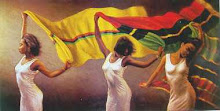







.jpg)

